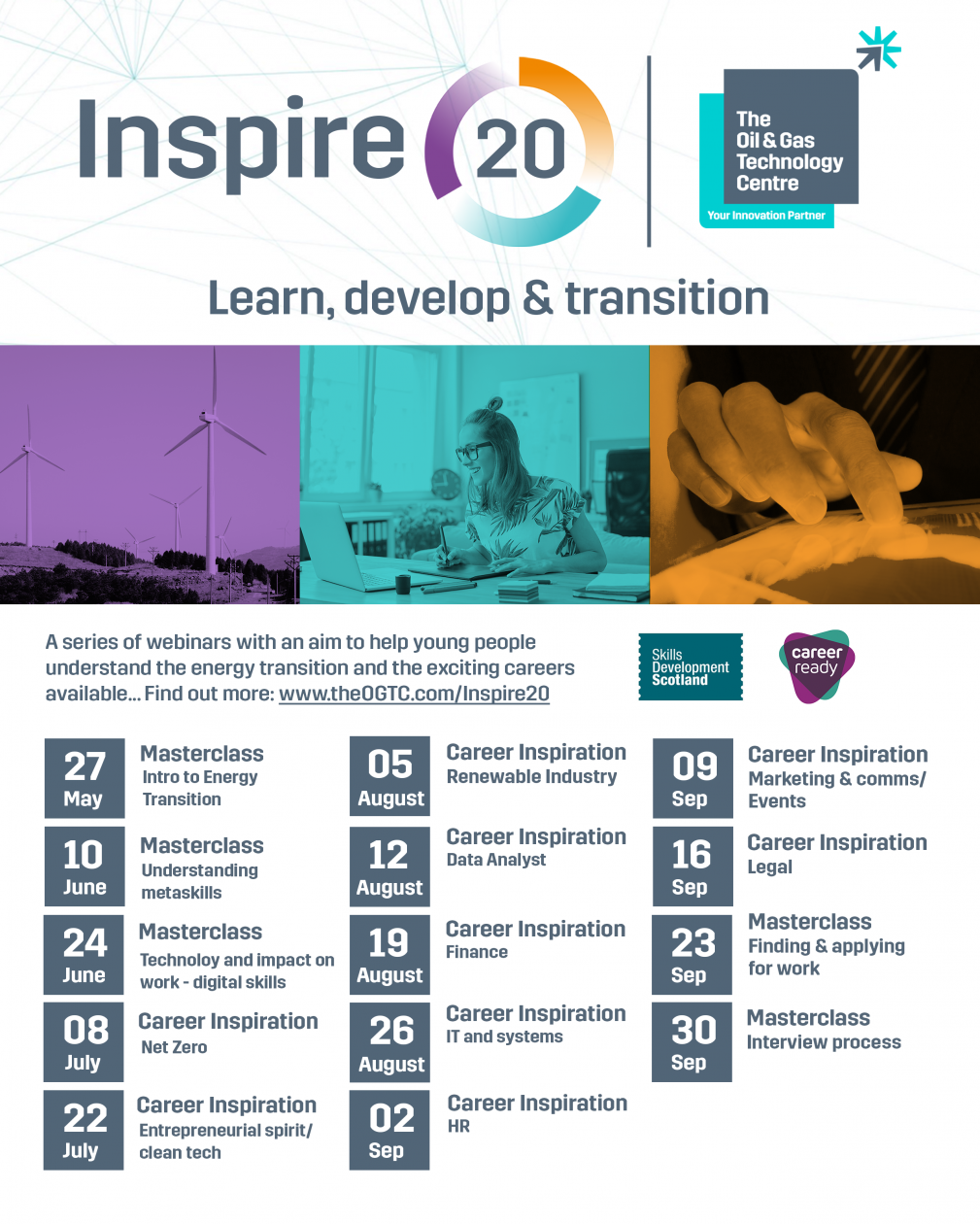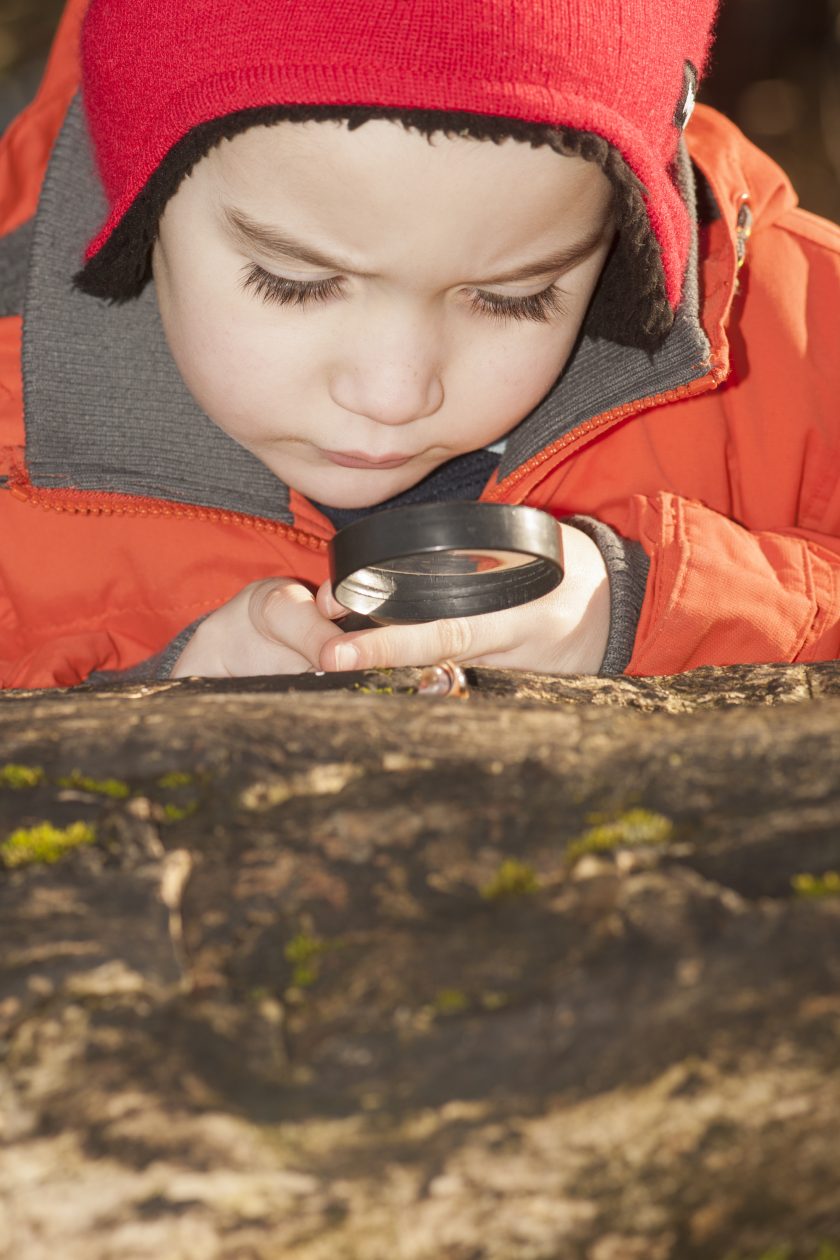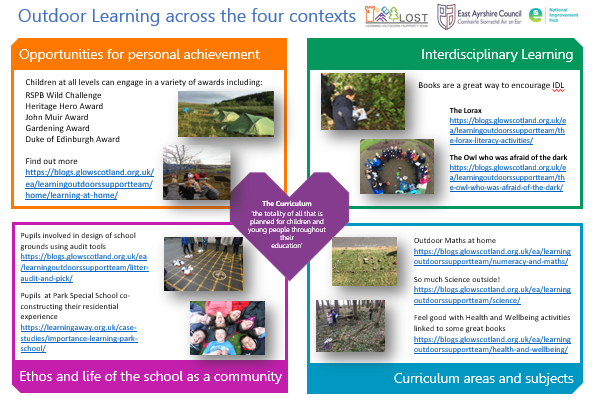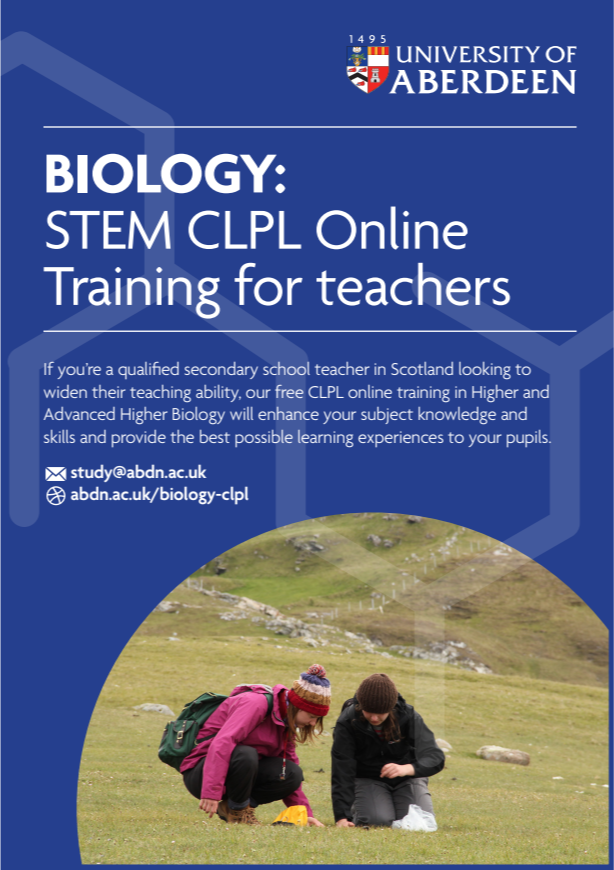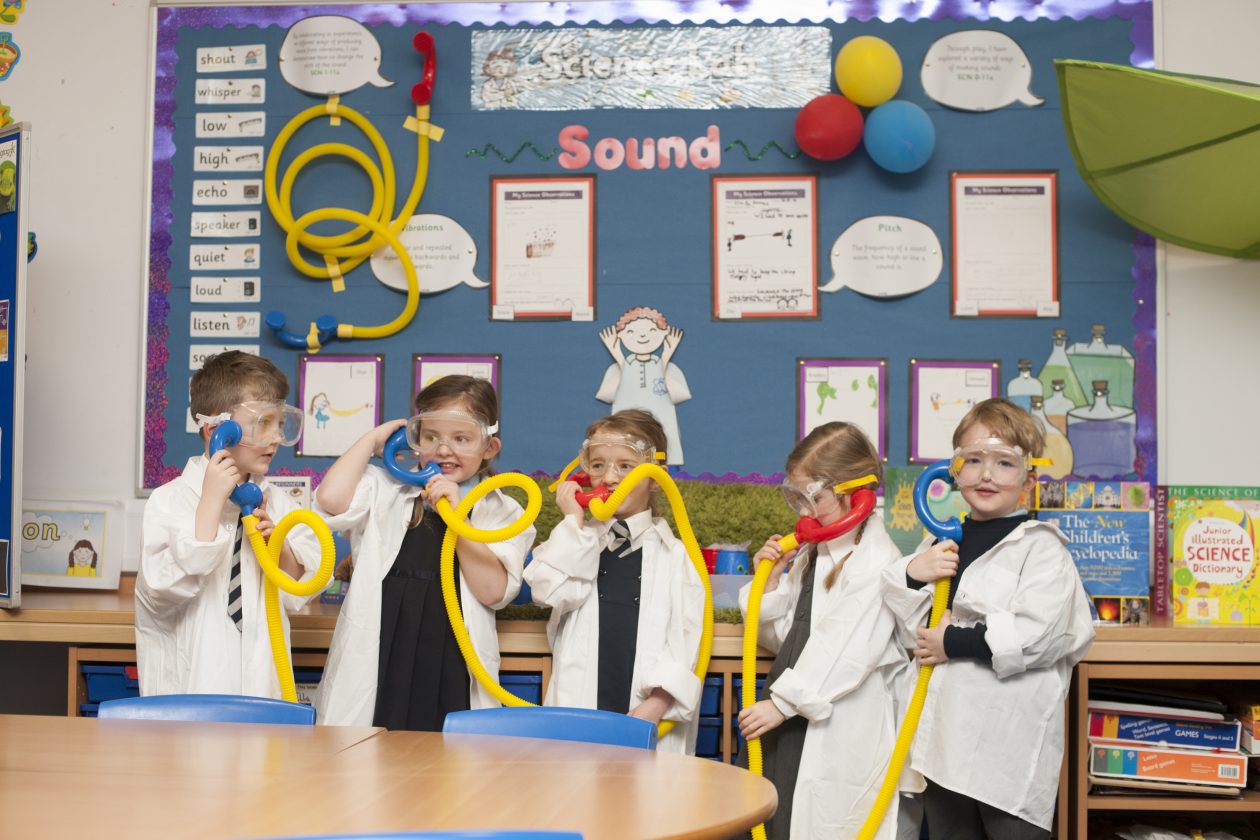With the ever-changing situation with COVID-19, it continues to be a challenging time for everyone but we at Education Scotland are doing our very best to ensure teachers, local authorities and learners are supported during this difficult time. Our team is working hard to support practitioners in helping them to ensure learning continues while schools are closed. Our National Improvement Hub now has a range of support to help practitioners develop opportunities for learning at home.
In June the STEM Education Officers are hosting a series of webinars for practitioners in early learning and childcare settings, primary schools, secondary schools and CLD settings to discuss a range of STEM-related themes. Please use the links below to register for the webinars via Eventbrite – spaces are limited. After you have registered for tickets you will receive an email from Eventbrite with a link to the webinar and joining instructions.
Tuesday 9th June at 3:30 – 4:30pm Sciences – Senior Phase – share and discuss approaches in sciences as we move from learning at home to a more blended model for session 2020/21.
Sign up for this webinar is now open: https://www.eventbrite.co.uk/e/es-senior-phase-sciences-webinar-tickets-107535589844
Wednesday 10th June at 3:30-4:30pm: Primary Science Planning Resource is an introduction to this resource published in May 2020. Opportunity to share practice in early years and primary science with colleagues across Scotland.
Sign up for this webinar is now open: https://www.eventbrite.co.uk/e/primary-science-planning-resource-tickets-107690178222
Thursday 11th June at 3:30-4:30: Outdoor Learning – Focus on STEM in the great outdoors.
Sign up for this webinar is now open: https://www.eventbrite.co.uk/e/outdoor-learning-webinar-tickets-107672998838
Tuesday 16th June at 3:30-4:30pm: STEM sharing practice blether – Interested in STEM? Looking for ideas to deliver exciting and engaging learning opportunities? Join us for this webinar to hear about and share practice with colleagues from across Scotland. This session is suitable for practitioners from all sectors.
Sign up for this webinar is now open: https://www.eventbrite.co.uk/e/stem-sharing-practice-blether-tickets-107674035940
We look forward to connecting with you through these events; bring a cuppa and maybe a wee biscuit (or two…)
If you have any questions please feel free to contact us at STEM@educationscotland.gov.scot

